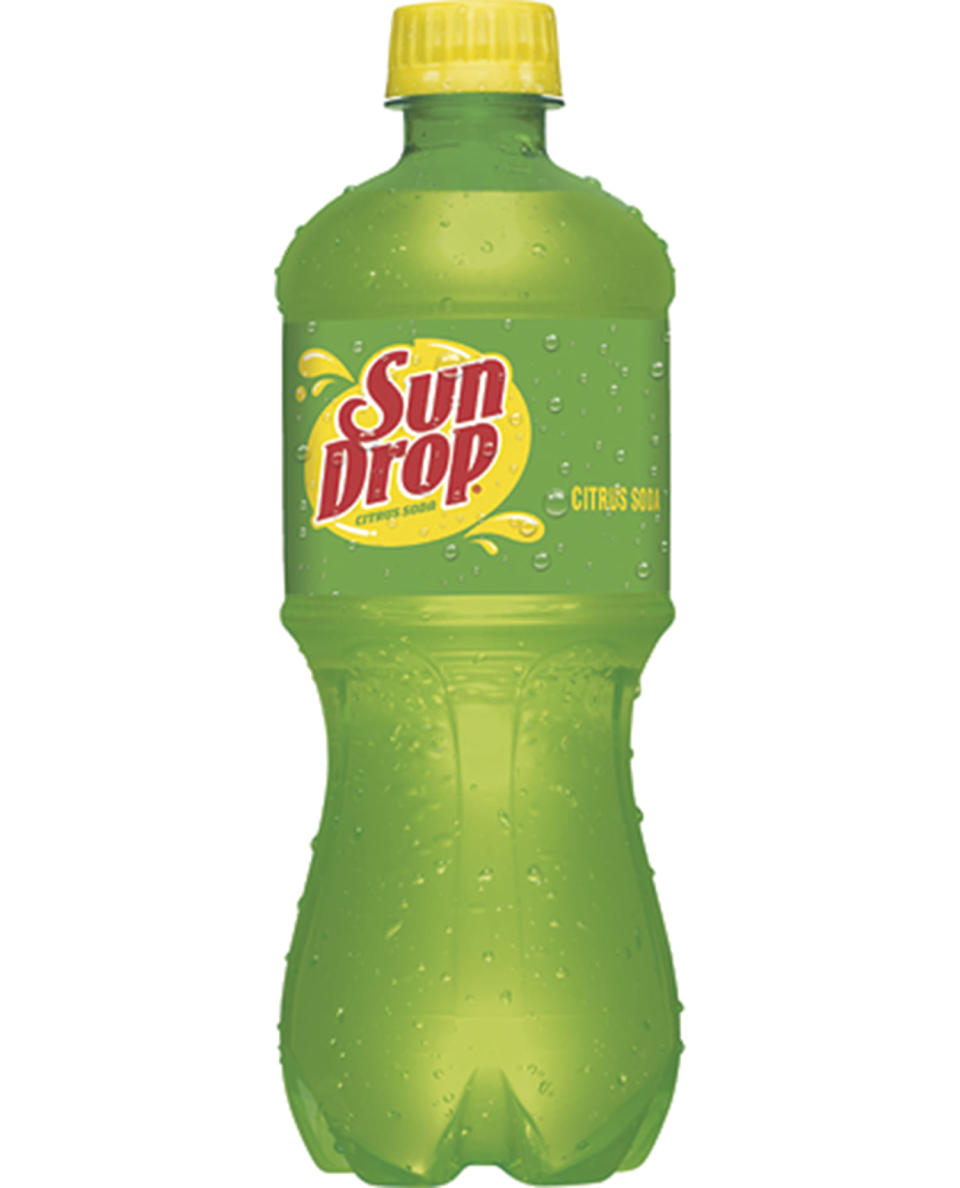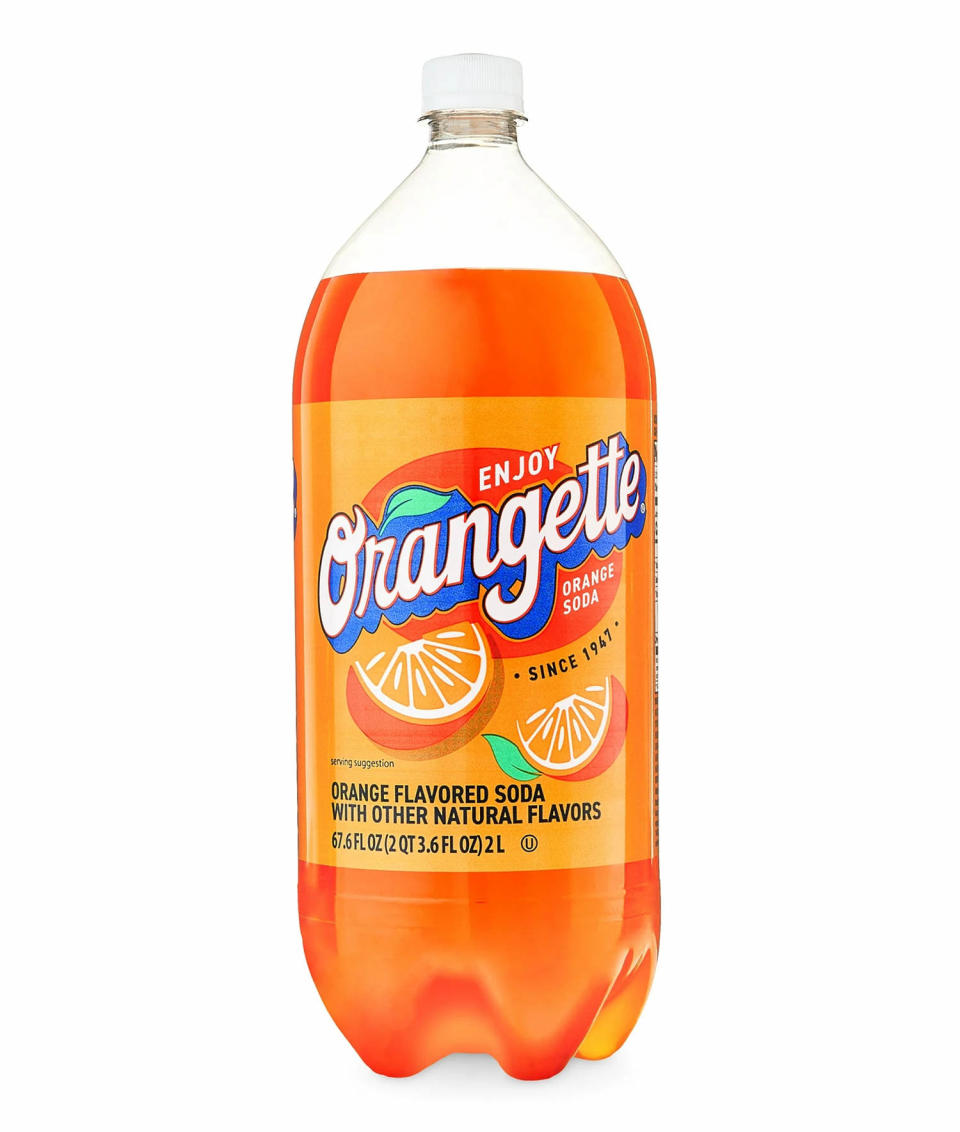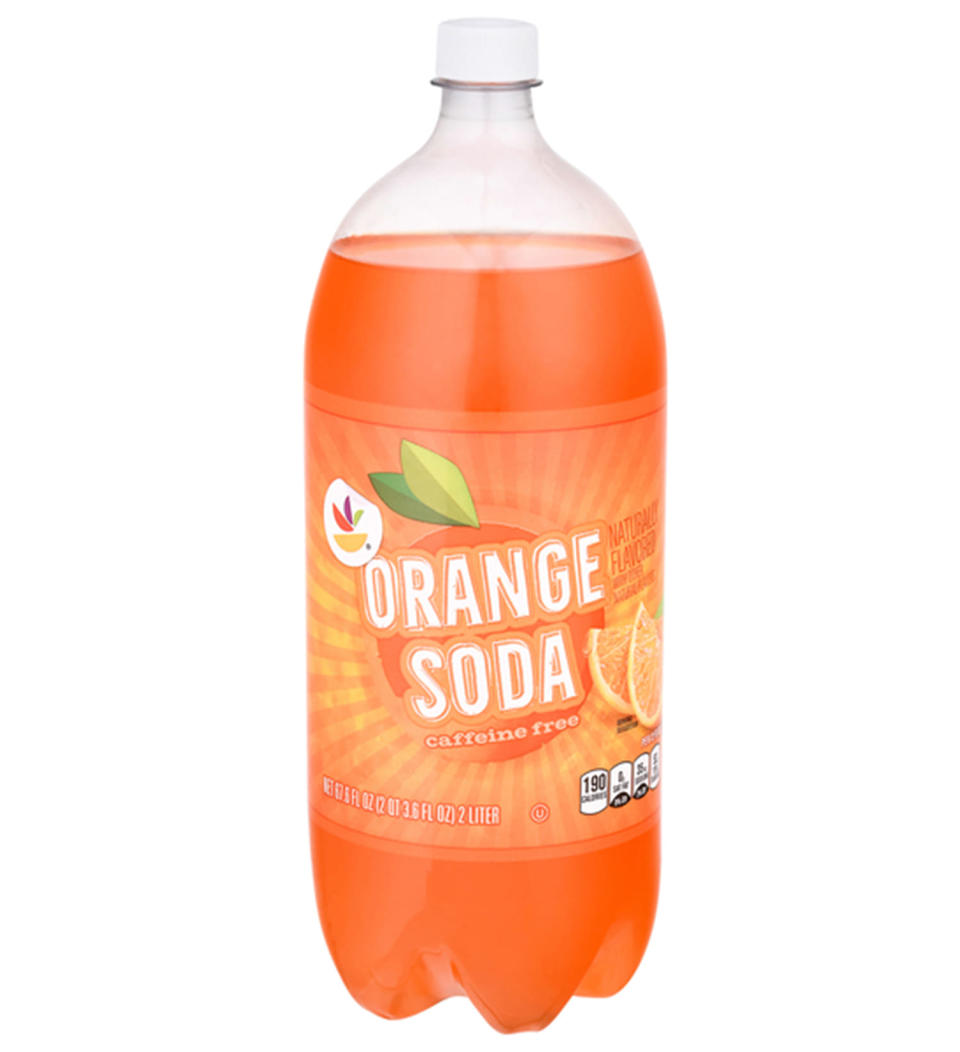The U.S. Food and Drug Administration is banning the use of a food additive known as brominated vegetable oil after the agency concluded it is no longer safe to consume.
Brominated vegetable oil is a stabilizer used in citrus-flavored beverages and has previously been authorized by the FDA for use in small amounts of 15 parts per million or less. However, few products in the United States still use brominated vegetable oil, according to the FDA.
In November of last year, the FDA first proposed that it would ban BVO. The news came shortly after California banned BVO and three other food additives in October 2023.
BVO was also banned in the United Kingdom in 1970, followed by the European Union in 2008, according to the Center for Science in the Public Interest, an independent food and health monitoring organization. India and Japan have also banned the ingredient.
What is brominated vegetable oil?
Brominated vegetable oil, also known as BVO, is an oil that has been modified with bromine, a natural chemical element, according to the FDA. It is used as a food stabilizer mainly in citrus drinks to prevent the aroma from separating and floating to the top.
BVO used to be on the FDA’s list of ingredients generally considered safe, but was restricted to use only in products containing food flavorings after several toxicity studies conducted by the Canadian Food and Drug Board in 1969, according to the CSPI.
On July 3, the FDA revoked the regulation authorizing the use of BVO in foods.
Why is brominated vegetable oil banned?
O FDA said it banned brominated vegetable oil after “results of studies conducted in collaboration with the National Institutes of Health (NIH) found the potential for adverse health effects in humans.”
More specifically, these were animal studies that found that BVO had “toxic effects on the thyroid gland,” Thomas Galligan, Ph.D., chief food additive and supplement scientist at the Center for Science in the Public Interest, told TODAY.com .
A study published in 2022 — which Michael Hansen, Ph.D., senior food scientist at Consumer Reports, describes as “foolproof” — found that BVO can interfere with the function of the thyroid gland, which can lead to hypothyroidism (when the gland produces too little of the thyroid hormone), weight gain and depression.
The BVO ban goes into effect in the US on August 2, 2024. After that, companies will have a year to reformulate, rebrand and stop selling products containing BVO.
What soft drinks contain BVO?
“Most major (soft drink) brands have already eliminated BVO from their formulations,” says Galligan.
That said, there are some drinks on the market that contain BVO, like Keurig Dr Pepper’s Sun Drop.

“We are actively reformulating Sun Drop to no longer include this ingredient and will remain in compliance with all state and federal regulations,” a KDP spokesperson told TODAY.com in an emailed statement.
TODAY.com also identified a soda available for purchase at Walmart that contains BVO, the great value Orangette orange soda.


“We are aware of the FDA’s recent action regarding the use of brominated vegetable oil (BVO) in foods. Walmart has been working with private label suppliers to reformulate products. There are currently very few Walmart private label items that still contain BVO , and we expect them to be reformulated before the FDA compliance date,” a Walmart spokesperson told TODAY.com in an email. (Great Value is a Walmart brand.)
TODAY.com also identified store-brand orange sodas that contain brominated vegetable oil for sale in Giant.


In an emailed statement to TODAY, a Giant spokesperson said in part: “We are aware of the FDA rule regarding BVO in products and are committed to following FDA guidance in reformulating our products that currently contain this ingredient. came into effect, Giant Food had already begun efforts to reformulate our products to remove BVO, while ensuring that we maintain the quality standards our customers expect… We will continue to work diligently to comply with FDA regulations regarding BVO, ensuring that our products. meet the highest safety and quality standards.”
Supermarket chain HEB also sells private label orange sodas containing BVO, TODAY.com has learned. The supermarket chain did not immediately respond to a request for comment.
Tips to know if soda is made with BVO
To determine whether a soda contains BVO, Galligan suggests first looking at the ingredients list, which is necessary to indicate whether the drink contains BVO. It will say “brominated” or “brominated” vegetable oil and a specific type of oil, like soybean.
Some other things to watch out for to avoid sodas with BVO, according to Galligan:
-
It is most common in citrus-flavored drinks.
-
If the drink appears cloudy throughout the bottle, it may contain OBV.
-
Generic and off-brand sodas are more likely to contain BVO than name brands.
-
If you’re drinking soda at a restaurant, they usually carry name brands, so your risk of having BVO is lower, but ask a restaurant employee about the brand and ingredients if you’re concerned.
Do drinks other than soft drinks contain BVO?
Galligan says BVO is typically found in carbonated drinks, but non-carbonated drinks can contain it too, says Hansen. Therefore, both experts recommend double-checking the label before purchasing any citrus-flavored drink.
“If it’s a citrus-flavored drink that’s also a little cloudy and off-brand, those are your clues that maybe you should turn the bottle over and take a look at the ingredients list,” says Galligan.
It’s not a concern with 100% fruit juice, he adds.
Do Coca-Cola and Mountain Dew contain BVO?
No, Coke does not contain brominated vegetable oil, according to Coca-Cola.com.
And no, Mountain Dew does not have BVO in its ingredient list, according to its manufacturer, PepsiCo.
In fact, PepsiCo and Coca-Cola no longer use BVO in any of their products, NBC News reported. Gatorade also no longer contains BVO, says Hansen.
This article was originally published in TODAY.com
































